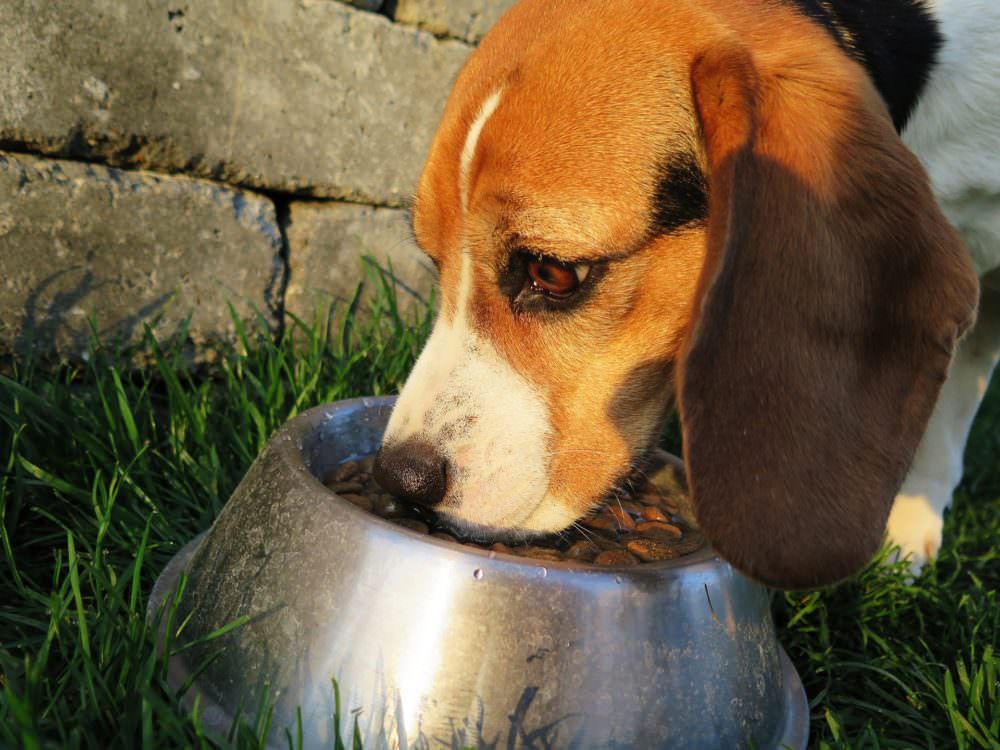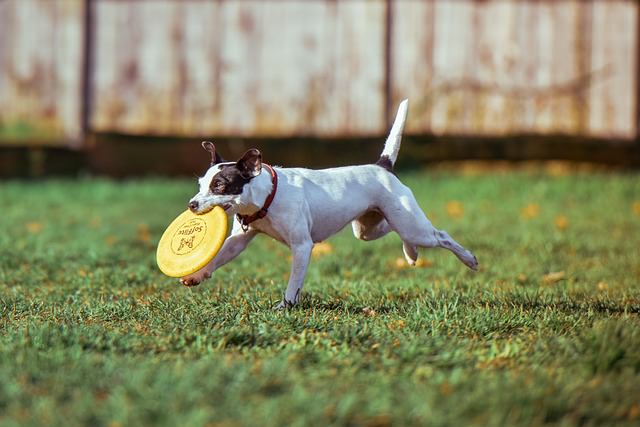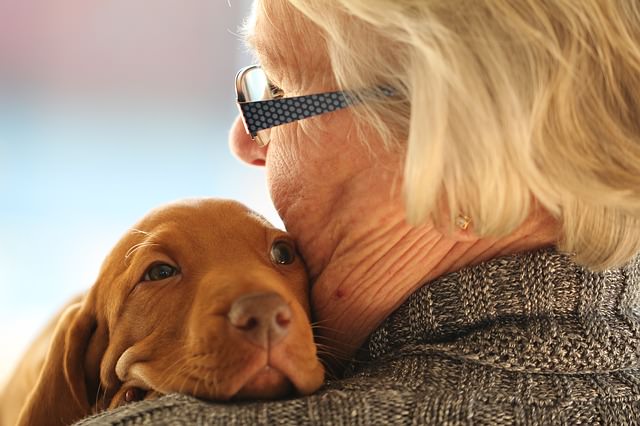We all love our dogs and want the best for them. In my years as a small animal vet, I have learned a few things about keeping pets healthy and happy. Most of these points may seem intuitive, but you would be surprised how often clients seem surprised at this info. Nothing shows our pets how much they mean to us more than making their care a priority in our lives. Here’s a few hints to help if you’d like to go the extra mile (or six!)
#1 – Nutrition cannot be emphasized enough.
Your dog is what he eats, but it is even more complex than that. He or she needs good, solid building blocks for growth and ongoing repair of tissues in the right amount. Calorie intake is a balance between what we consume and what we burn. Excess consumption leads to obesity and excess burn leads to emaciation. There are formulas to define what your dog’s basic metabolic needs might be and your vet can help. Choose a premium dog food and offer small amounts of fresh, whole foods as snacks (see my article about foods to avoid here). Make sure to account for the calories in the snacks when you plan the day’s intake.

#2 – Your observation is absolutely critical.
Part of your job as your dog’s closest friend is to monitor him/her for subtle signs of trouble, since he/she cannot tell you. Watch for things like appetite, weight gain or loss, limping/stiffness or changes in elimination (urination or defecation). As the one who feeds and observes, you would be the first to know if your dog seemed to be experiencing difficulty seeing, picking up, chewing or swallowing his food. Sudden weight loss or gain may not be just “getting fat” or finally losing those extra pounds. If you are not actively trying to limit your dog’s calories and increase his burn, weight loss can be a sign of other calorie consumption like disease or cancers and sudden weight gain might actually be fluid retention from serious issues, like heart or kidney disease. Notify your vet of any of these changes so that serious issues can be ruled out.
#3 – Give your dog a predictable routine.
Regular planned activities keep your dog’s natural tendency toward a foreseeable schedule. Since dogs come from pack forming ancestors, hierarchy and structure seem very natural to them. Daily exercise keeps muscles moving well and heart pumping effectively. Nature follows the “use it or lose it” refrain and regular aerobic exercise makes sure your dog is retaining muscle strength in his limbs and heart. Not only should activity have a dependable schedule, but sleep should also adhere to a predictable pattern for your dog’s sense of well-being.

#4 – Make sure you get comprehensive preventive medical care
…including appropriate vaccines tailored to your individual dog and parasite control specific to your geographical area and dog. Do not try to do this yourself. Vaccines purchased outside a veterinarian-client-patient relationship are not specific to your own dog’s needs. Because they have been funneled to a mass market outlet, everyone handling them has not been trained medically and they may have mishandled or inappropriately labeled. Good vaccine manufacturers do not sell their product to anyone other than a vet to insure safety for pets. It may seem like “just a shot”, but veterinarians have training in immunology, virology, bacteriology and much more to help them be able to safely handle and recommend the right vaccines. The most important part of your preventive visit to your veterinarian is not the vaccines, but the examination. Here is where you can explain all the things you have noticed during your observation of your pet.
#5 – Another important component of your dog’s happiness is fun!
Obedience classes and games are fun for the whole family. An obedient dog is a delight to everyone and a pleasure to be around. He/she can feel secure knowing that his/her behavior will please you and even though it might not always seem obvious to you, your reaffirmation is very important to your dog. (See Can My Dog Really Love Me?) Games played together are good for bonding and movement, helping strength and coordination as well as family bonding. Your dog wants to be a part of everything you do and the more time you spend playing and training, the happier you will both be.

#6 – Love is a critical foundation for us all.
Dogs know who loves them. We all can feel the warmth and safety associated with a loving relationship. If you love your dog, the other 5 things will come easily. It is out of love that someone is reading this list at all.
Our dogs augment our lives so much just by being there with us through everything. These 6 steps are small things that you can do to help insure your dog’s best life.
Please find me on on Twitter, Facebook or Google+. I love hearing about your pets!
